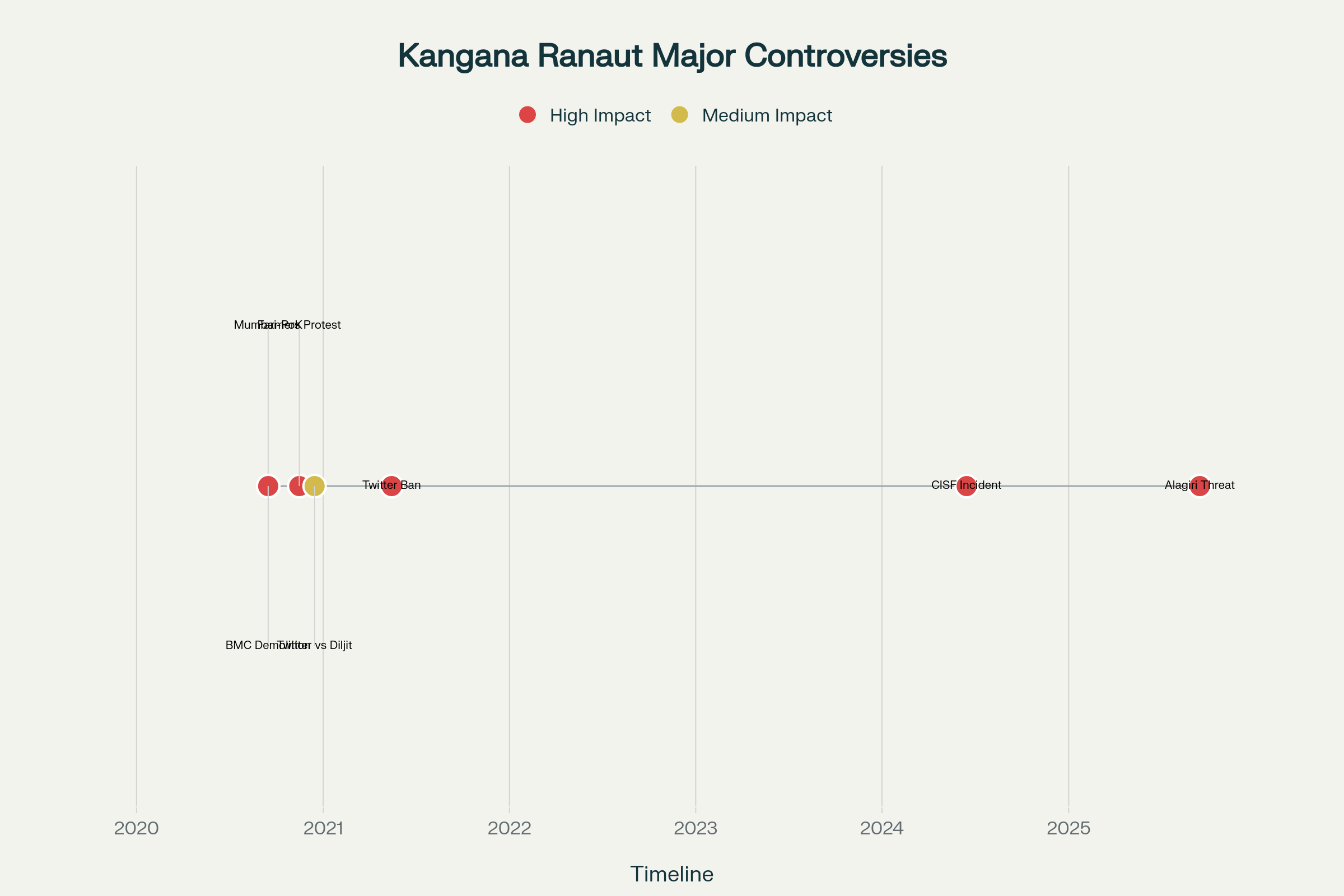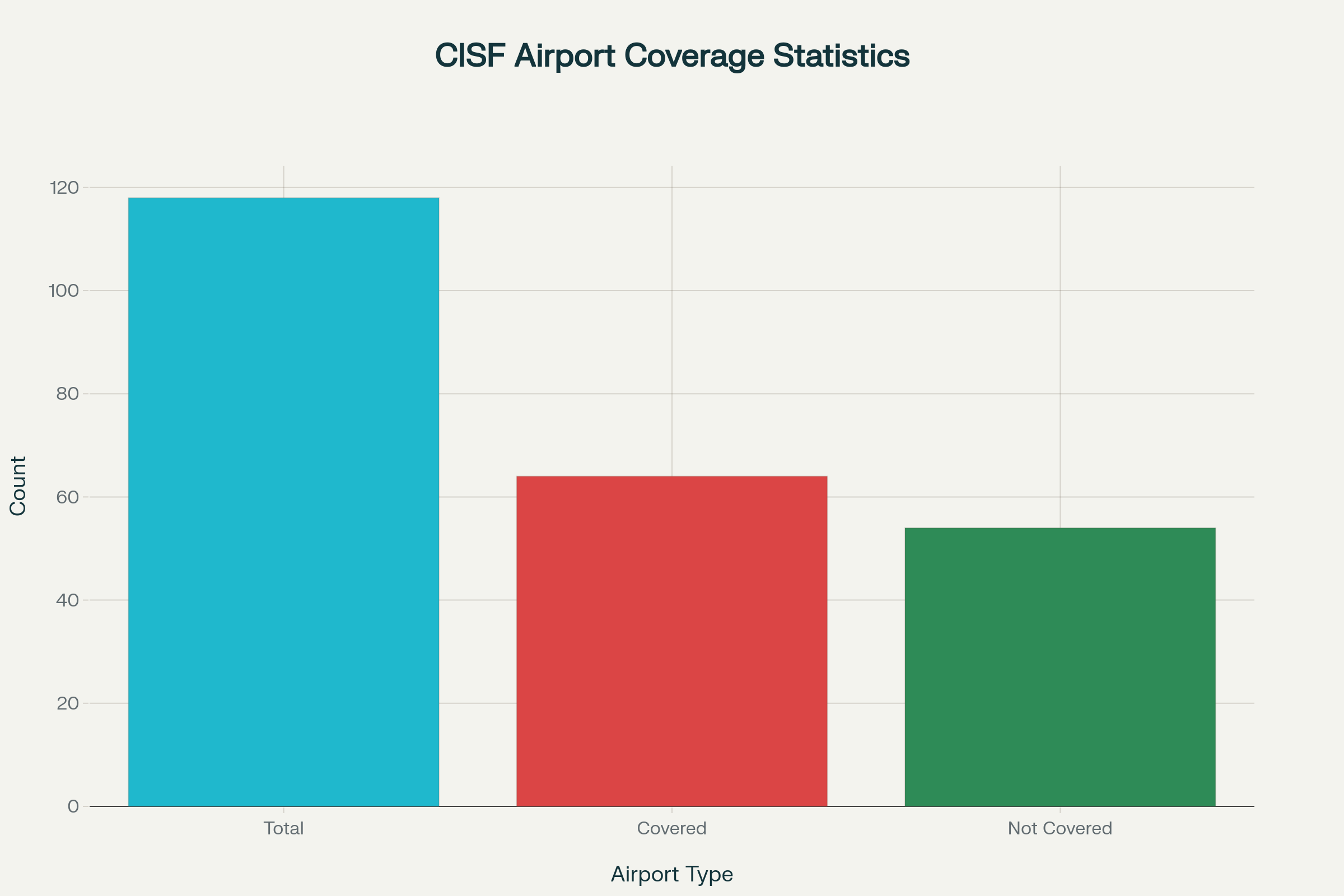Key Highlights
- Tamil Nadu Congress leader KS Alagiri sparked nationwide outrage by asking farmers to slap BJP MP Kangana Ranaut if she visits the state
- The threat stems from Ranaut’s inflammatory 2020 remarks about farmers protesting for ₹100, reigniting the Kangana Ranaut controversy
- Ranaut responded defiantly, claiming widespread support in Tamil Nadu and asserting her constitutional right to travel anywhere in India
Political Tensions Escalate Over Farmers’ Rights
Former Tamil Nadu Congress president KS Alagiri ignited a fresh political firestorm on September 18, 2025, when he publicly encouraged agricultural workers to physically assault Bollywood actor and BJP MP Kangana Ranaut should she enter the southern state. The inflammatory statement marks another escalation in the ongoing Kangana Ranaut controversy that began with her derogatory comments during the 2020 farmers’ protests. Alagiri’s remarks directly referenced the 2024 Chandigarh airport incident where a Central Industrial Security Force constable slapped Ranaut, demonstrating how the Kangana Ranaut controversy continues to manifest in physical confrontations.
The Congress leader justified his controversial stance by citing complaints from 10-15 agricultural workers who approached him regarding Ranaut’s past statements about women farmers. “Yesterday, agriculturists came to me and reported that Kangana Ranaut once told the press about agricultural women that they are working in the feeble lands,” Alagiri stated during his Thursday address, ensuring the Kangana Ranaut controversy remains alive in political discourse. This latest development demonstrates how past inflammatory remarks continue to fuel the persistent Kangana Ranaut controversy across India’s polarized political landscape.

Timeline of Major Kangana Ranaut Controversy Incidents (2020-2025)
Ranaut’s Defiant Response Highlights Regional Dynamics
Responding to Alagiri’s threat from Himachal Pradesh’s Kullu, Kangana Ranaut demonstrated characteristic defiance while addressing this new chapter in the Kangana Ranaut controversy. “No one can stop anyone. If there are people who hate me, there are more people who love me,” Ranaut told reporters, directly challenging the Congress leader’s authority. Her counter-narrative emphasized positive reception in Tamil Nadu, particularly citing her portrayal of former Chief Minister J Jayalalithaa in the biographical film ‘Thalaivii,’ strategically using regional cultural connections to counter negative perceptions surrounding the Kangana Ranaut controversy.
The BJP MP strategically invoked her cinematic connection to Tamil Nadu politics, claiming that even opposition MPs from the state recently addressed her as “thalaivii,” a term of respect associated with Jayalalithaa. This response showcased political acumen by transforming potential regional rejection into evidence of cross-party acceptance, effectively neutralizing Alagiri’s attempt to paint her as unwelcome while managing the escalating Kangana Ranaut controversy. Ranaut’s defiant stance reflects her consistent approach to handling criticism throughout the ongoing Kangana Ranaut controversy.
Historical Context: The 2020 Farmers’ Protest Remarks
The current confrontation traces its origins to the most significant episode in the Kangana Ranaut controversy, her highly contentious statements during the 2020-21 farmers’ protests against the now-repealed agricultural laws. During the height of nationwide agitation, tensions intensified when she posted on social media suggesting that an elderly woman protesting was being paid ₹100 to participate, a comment that sparked massive backlash and established the foundation for the persistent Kangana Ranaut controversy. Her remarks particularly targeted women farmers, alleging they were mercenaries rather than genuine protesters concerned about their livelihoods.
The political dispute reached its physical manifestation on June 6, 2024, when CISF constable Kulwinder Kaur slapped Ranaut at Chandigarh airport while the actress was undergoing security screening. Kaur, whose mother had participated in the farmers’ protests, cited Ranaut’s derogatory comments as justification for her actions, bringing the Kangana Ranaut controversy into direct physical confrontation. The incident resulted in Kaur’s immediate suspension and criminal charges, but also elevated her to hero status among farming communities across Punjab and Haryana, further amplifying tensions beyond political circles.
During the farmers’ protests, the political dispute also involved a bitter social media war with Punjabi actor-singer Diljit Dosanjh after she mistakenly identified a woman farmer as Bilkis Bano from the Shaheen Bagh protests. The actor was suspended from Twitter in May 2021 for “repeated violations” of hateful conduct policies following inflammatory posts about West Bengal election results, showing how the Kangana Ranaut controversy extended across multiple platforms and issues.
Security Implications and Official Response Patterns
India’s aviation security infrastructure faces ongoing challenges in maintaining professional standards while handling high-profile passengers involved in political disputes like the Kangana Ranaut controversy. According to Parliamentary Standing Committee reports, only 64 out of 118 operational airports currently operate under Central Industrial Security Force coverage, with significant manpower shortages affecting security operations. The CISF maintains a vacancy of 1,166 personnel across airport deployments, highlighting systemic understaffing that potentially compromises security protocols when dealing with controversial political figures at the center of incidents similar to the Kangana Ranaut controversy.

CISF Airport Security Coverage and Personnel Statistics in India
Recent government initiatives have expanded CISF responsibilities following security threats, with the Bureau of Civil Aviation Security temporarily extending CISF oversight to cargo operations and baggage screening systems from May 9-18, 2025. These enhanced security measures reflect growing concerns about maintaining professional conduct while protecting controversial public figures from physical confrontations, particularly in light of incidents involving the ongoing Kangana Ranaut controversy. The measures demonstrate official recognition of security challenges posed by high-profile political disputes.
Broader Political Violence Trends and Democratic Discourse
The escalating confrontation occurs against a backdrop of rising political tensions in India, with communal violence witnessing an 84% increase from 32 incidents in 2023 to 59 in 2024, according to the Centre for Study of Society and Secularism report. The rising trend of political intolerance creates a conducive environment for disputes like the Kangana Ranaut controversy to spiral into physical confrontations and regional tensions. Analysis by the Association for Democratic Reforms reveals that 151 sitting MPs and MLAs have declared cases of crimes against women, with the BJP having the highest number at 54 such representatives, contextualizing the broader political climate surrounding current tensions.
The persistent nature of political disputes highlights how inflammatory statements can have long-lasting consequences in India’s digital age, where past remarks continue to resurface and influence current discourse. The incident demonstrates that confrontations like the Kangana Ranaut controversy extend beyond individual grievances to represent deeper fault lines in Indian society regarding agricultural rights, regional politics, and acceptable limits of political expression.
Closing Assessment: Democratic Boundaries Under Strain
The escalating war of words between KS Alagiri and Kangana Ranaut exemplifies how political disputes have become emblematic of the dangerous trajectory of contemporary Indian discourse, where inflammatory rhetoric increasingly replaces substantive policy debates. Alagiri’s explicit encouragement of violence against a sitting Member of Parliament crosses fundamental democratic boundaries, regardless of the controversial nature of the target’s past statements, making the Kangana Ranaut controversy a test case for democratic institutions. The persistence of such confrontations across multiple years and platforms underscores the urgent need for political leaders to maintain discourse within constitutional parameters while addressing legitimate grievances through proper channels.
This latest development in the Kangana Ranaut controversy serves as a stark reminder that India’s democratic institutions remain vulnerable to the toxic combination of historical grievances, regional politics, and personal vendettas that can quickly spiral beyond acceptable limits. The ongoing nature of such political disputes demands serious reflection on whether current discourse standards adequately serve the world’s largest democracy or require immediate recalibration to preserve institutional integrity.


